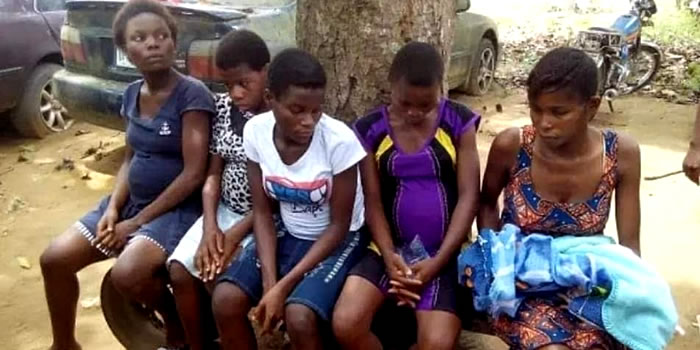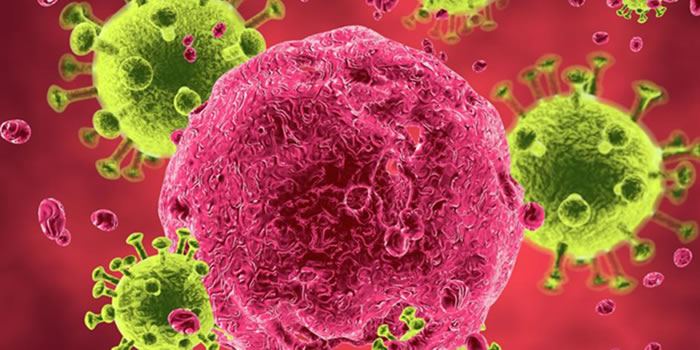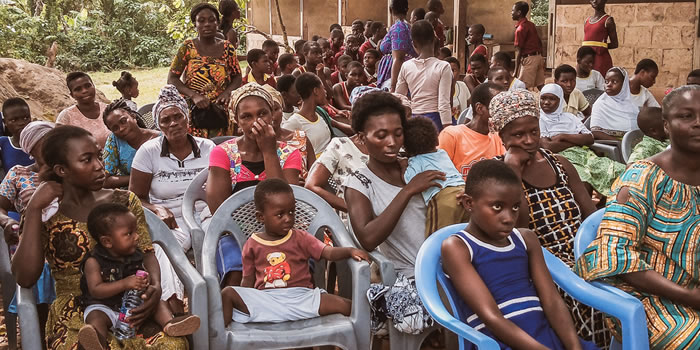

HEALTH
South Tongu poised to promote adolescent health rights
South Tongu District is to put in place measures to ensure that the reproductive and sexual health rights of adolescents and young people are respected, the District Chief Executive of the area, Mr Daniel Amelorku, has said.

Date Created : 1/12/2011 12:00:00 AM : Story Author :
This, he said, would be done through the provision of appropriate education, services and commodities to cut down on the current rampant teenage pregnancy and its associated problems in the district.
The DCE disclosed this on Tuesday when he formally opened a three-day consultative meeting dubbed: "Young People Advocating for Quality, Friendly Sexual and Reproductive Health Rights and Services in the South Tongu District of Ghana."
Sixty adolescents and youth aged between 10 and 24, and service providers from public and private health institutions in the South Tongu District participated in the meeting.
Mr Kwasi Amenuvor, Project Director of Partners in Development, the implementing NGO, observed that the neglect of reproductive and health rights of the youth, might have contributed to poor performance of many national social indicators as related to the Millennium Development Goals 4, 5 & 6 (i.e. to reduce child mortality, improve maternal health and combat infectious diseases).
He said it was to reverse the trend in line with national and international provisions that Partners in Development has initiated the project to bring to the fore the need to pay attention to youth adolescents rights.
Mr Amenuvor explained that advocating for the sexual health needs of adolescents was not a fight to allow young people to engage in misguided and risky sexual activities and behaviours.
On the contrary, he said, it was rather to ensure that duty bearers and policy makers did not forget to create and maintain the right atmosphere, as an obligation, with the full involvement of the beneficiaries themselves, to ensure that young people have the right information and skills appropriately packaged so that they would delay sexual activity and avoid the burden of possible pregnancy and sexually transmitted diseases.
Also, Mr Amenuvor said, if a young person decided to become sexually active, he or she had the right to be fully made aware of the risks involved, must have skills, right attitudes to manage the risks, so that the outcomes of being sexually active does not become a barrier to his or her normal physical, intellectual, social, psychological and professional development.
He argued that the enforcement of the sexual and reproductive health rights of adolescents and young people was likely to arrest the vicious cycle of poverty that starts from early and high fertility, a situation that prevents domestic savings, domestic investments, and productivity and ends up with poverty and its recycling.
Ms Rejoice Nutakor, the Program Manager, Adolescent Health and Development Program of the Ghana Health Service, on behalf of the Director of Family Health, Dr Gloria Quansah-Asare, took participants through international conventions and arrangements relevant to the health and development of adolescents that support the advocacy for the reproductive and sexual health rights of adolescents and young people.
Briefing participants on the state of Adolescent Reproductive Health in South Tongu District, Justine Sefakor Alornyo, the District Public Health Nurse, on behalf of the Acting District Director of Health Services, Benedicta Seshie, observed that the main obstacles for Adolescent Reproductive Health targets in the district were early debut of sexual activity resulting into high proportion of teenage pregnancy, a result of adolescents' poor knowledge about sexuality, poor attitude towards sexuality and low practice and acceptance of modern methods of controlling fertility.





 facebook
facebook
 X
X
 Youtube
Youtube
 instagram
instagram
 +233 593 831 280
+233 593 831 280 0800 430 430
0800 430 430 GPS: GE-231-4383
GPS: GE-231-4383 info@ghanadistricts.com
info@ghanadistricts.com Box GP1044, Accra, Ghana
Box GP1044, Accra, Ghana